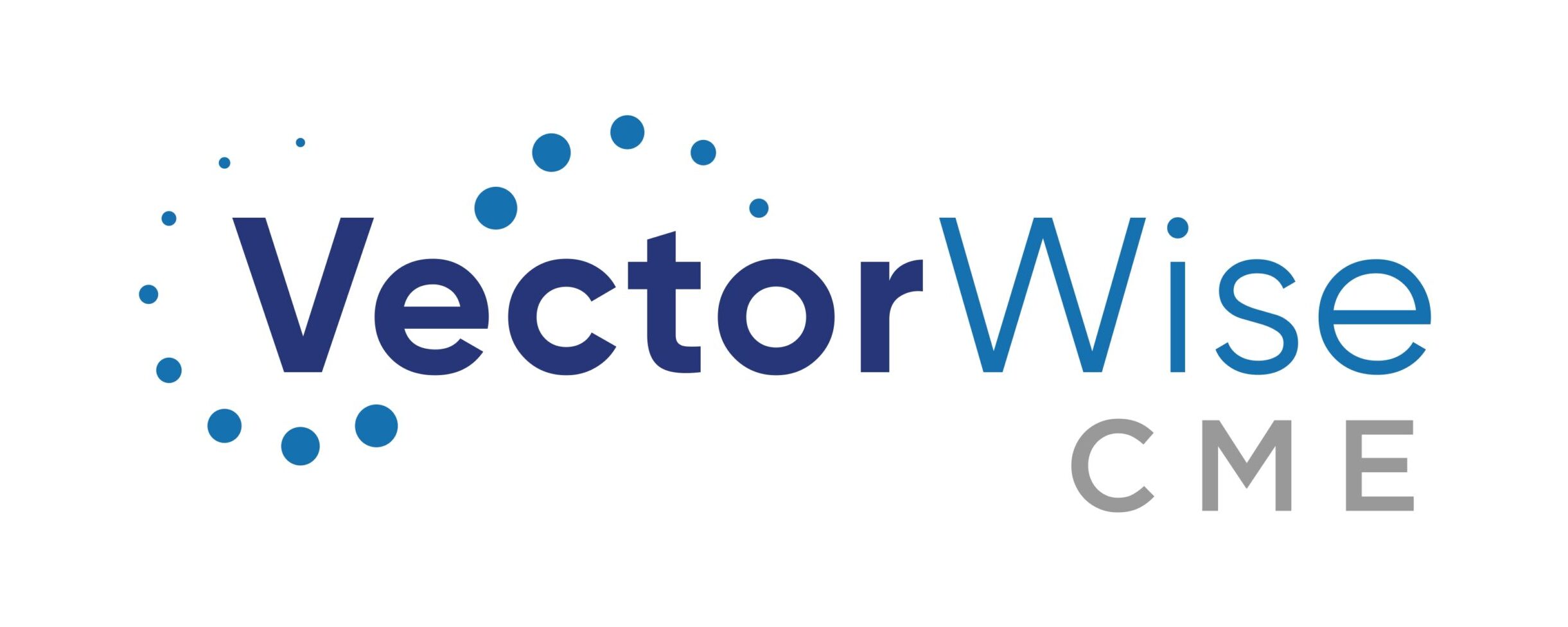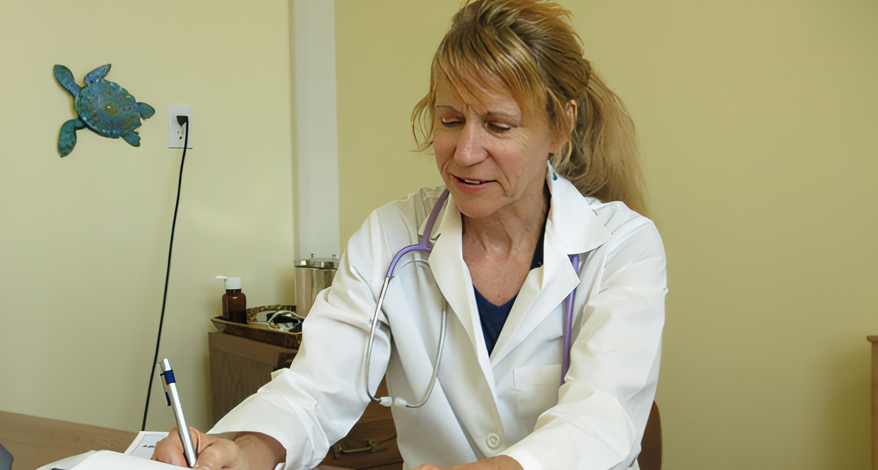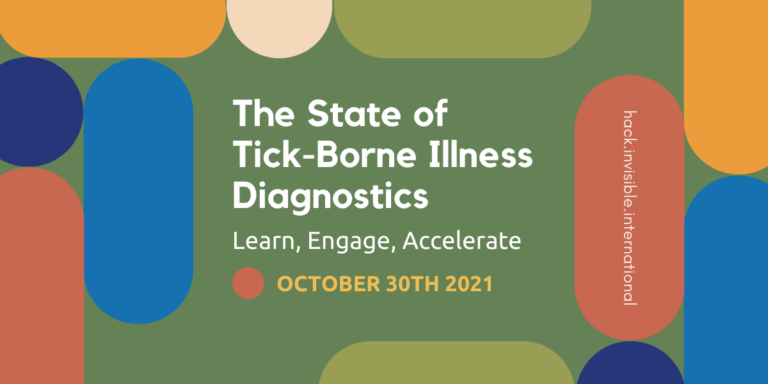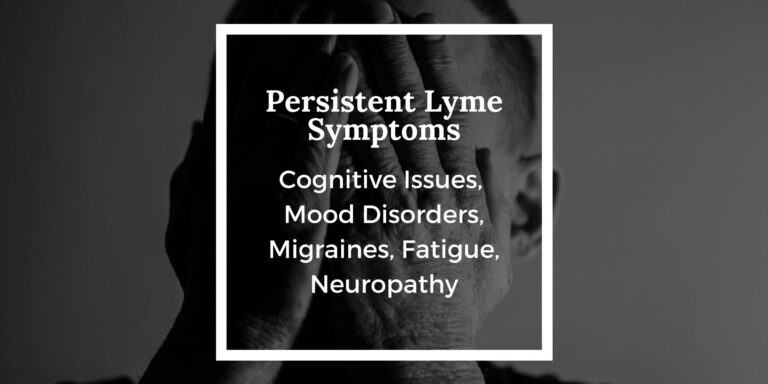From the Clinical Trenches
Dear community,
As you all are aware, the treatment of patients suffering from tick-borne diseases can be quite complicated. However, a research article published in Antibiotics (June 2023) by Trouillas and Franck (1) offers an encouraging method for addressing the severe neurological symptoms associated with these diseases. They observed full recovery in seven out of ten patients with severe neurological Lyme disease, marked by paresis. Importantly, these patients stayed healthy even two years after recovery.
Patients in this study had been dealing with their illnesses for periods ranging from six months to seven years. None had been treated with antimicrobials. The researchers scrutinized several recognized, but under-researched, problems within the field.
Their findings contradicted the existing recommendation to treat neuroborreliosis with 21 days of a single drug, Ceftriaxone. Out of 16 treatment studies focused on patients with Neurologic Lyme, only 15 individuals could be diagnosed as having late-stage Lyme neuroborreliosis. Interestingly, studies employing long-term antibiotics showed better outcomes for patients (2,3,4).
A key aspect of their research was the consideration of patients suffering from multiple tick-borne diseases simultaneously, such as Borrelia, Babesia, Bartonella, and Anaplasma.
Patients were treated until their neurological symptoms disappeared. If symptoms recurred after a period of remission, treatment was resumed and continued until remission could again be achieved.
In line with this, the researchers treated patients for Lyme disease (Borreliosis) and other co-infections such as Babesiosis, Bartonellosis, and Anaplasmosis, if a patient’s symptoms and lab tests suggested the presence of these diseases. They used a combination of clinical judgment and lab testing to guide their treatment decisions. They also referred to studies suggesting the persistence of these infections, which justified the need for prolonged antimicrobial treatment.
Treatment continuation was decided based on the patient’s clinical response, emphasizing a patient-centric approach. The results were significant: seven out of ten patients regained their health, allowing them to resume societal and family roles, without previous discomfort. On average, treatment duration needed to achieve this was 25 months. This study represents a promising development in the management of severe tick-borne diseases, although more research is needed to validate and apply these findings more broadly.
Help us fund the Tick Bytes Clinical Data Repository
Patients who suffer with tick-borne diseases need faster research results that translate to meaningful clinical interventions and better outcomes. A solution to this is Invisible’s Tick Bytes Clinical Data Repository. This is an initiative to organize clinical information from the ten best tick-borne disease physicians across the nation within a privacy-protected database, enabling researchers to analyze and publish best practices for treating patients.
With this precision medicine approach, more quality evidence will reach physicians, insurers, and the government, leading to better patient outcomes, insurance coverage, and a deeper understanding of tick-borne diseases.
Based on prior work by Dr. Nevena Zubcevik and Dr. Charlotte Mao at the Dean Center for Tick Borne Illness in Boston, it’s anticipated that it will take 12 months for database set-up, and 24 months for data collection, analysis, and publication. To move forward, all we need is funding from people like you. Please help us launch this important initiative.
References:
- Trouillas P, Franck M. Complete Remission in Paralytic Late Tick-Borne Neurological Disease Comprising Mixed Involvement of Borrelia, Babesia, Anaplasma, and Bartonella: Use of Long-Term Treatments with Antibiotics and Antiparasitics in a Series of 10 Cases. Antibiotics (Basel). 2023 Jun 7;12(6):1021. doi: 10.3390/antibiotics12061021. PMID: 37370340; PMCID: PMC10294829.
- Logigian EL, Kaplan RF, Steere AC. Successful treatment of Lyme encephalopathy with intravenous ceftriaxone. J Infect Dis. 1999 Aug;180(2):377-83. PMID: 10395852 DOI: 10.1086/314860
- Oksi, J.; Kalimo, H.; Marttila, R.J.; MariamaÃàki, M.; Sonninen, P.; Nikoskelainen, J.; Villanen, M.K. Inflammatory brain changes in Lyme borreliosis. A report on three patients and review of literature. Brain 1996, 119 Pt 6, 2143-2154. https://doi.org/10.1093/brain/119.6.2143
- Fallon, B.A.; Keilp, J.G.; Corbera, K.M.; Petkova, E.; Britton, C.B.; Dwyer, E.; Slavov, I.; Cheng, J.; Dobkin, J.; Nelson, D.R.; et al. A randomized, placebo-controlled trial of repeated IV antibiotic therapy for Lyme encephalopathy. Neurology 2008, 70, 992–1003. DOI: https://doi.org/10.1212/01.WNL.0000284604.61160.2d







